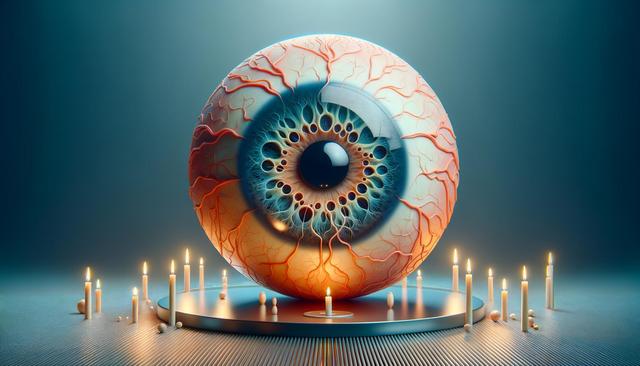Recognizing the Early Signs of Macular Degeneration
Early detection plays a crucial role in managing macular degeneration effectively. In its initial stages, the condition might not present obvious symptoms, making regular eye exams essential for individuals over the age of 50. Some early indicators include blurred or distorted vision, difficulty recognizing faces, and the appearance of dark or empty areas in the center of vision. People may also notice that straight lines appear wavy or that they require brighter lighting for reading and close-up tasks.
These subtle changes can often be mistaken for general vision decline associated with aging, which is why prompt attention from an eye care professional is important. Through comprehensive eye exams that include dilation and imaging of the retina, specialists can detect early damage to the macula. Once early signs are confirmed, monitoring and potential lifestyle changes can slow the condition’s progression and support overall eye health.
Understanding Macular Degeneration and Its Types
Macular degeneration comes in two main forms: dry (atrophic) and wet (neovascular). The dry form is more common and progresses gradually as the macula thins over time. In contrast, wet macular degeneration is less common but more severe. It occurs when abnormal blood vessels grow beneath the retina and leak fluid or blood, leading to rapid central vision loss.
Understanding which type of macular degeneration a person has is critical for determining the right treatment strategy. While there is currently no cure for either form, various management options are available to slow progression and preserve vision. Regular monitoring and early intervention are especially vital for those with wet macular degeneration, as timely treatment can make a significant difference in outcomes.
Current and Emerging Treatment Options
Advancements in ophthalmology have led to several promising approaches for managing macular degeneration. For dry macular degeneration, treatment often involves nutritional supplements containing antioxidants and zinc, which have shown to reduce the risk of vision loss in some patients. Additionally, lifestyle modifications such as a healthy diet, smoking cessation, and UV protection can play supportive roles.
On the other hand, wet macular degeneration typically requires more active intervention. Anti-VEGF (vascular endothelial growth factor) injections are commonly used to block the growth of abnormal blood vessels and reduce fluid leakage. These injections are administered regularly and have proven effective in preserving vision for many individuals. Ongoing research into New Treatments for Macular Degeneration in {city} is exploring gene therapies and longer-acting injections, offering new hope for more convenient and lasting results.
Exploring the Latest Treatment Innovations
The field of retinal care continues to evolve, with emerging therapies offering new possibilities for those affected by this condition. Among the most promising are sustained-release drug delivery systems that minimize the frequency of injections, potentially improving patient adherence and outcomes. Clinical trials evaluating the Latest Treatment for Wet Macular Degeneration in {city} are showing encouraging results, especially for individuals with advanced disease stages.
Other developments include the use of light-activated treatments and retinal implants, which are being studied as part of broader strategies to restore or retain vision. As research progresses, patients and caregivers should stay informed about New Wet Macular Degeneration Treatment in {city} through trusted medical sources and consultations with eye specialists. Personalized care plans that consider the latest options are essential to supporting long-term visual health and quality of life.
Accessing Macular Degeneration Treatment in Your Area
For those seeking macular degeneration treatment in {city}, a growing number of eye care centers and specialists offer advanced diagnostic tools and therapy options. It’s important to choose a healthcare provider experienced in retinal diseases and familiar with both traditional and innovative treatment methods. Many clinics are now incorporating New Treatments for Macular Degeneration in {city} into their practice, providing patients with access to the latest research-backed solutions.
When considering a treatment plan, ask about:
- Experience with anti-VEGF therapies and alternatives
- Participation in clinical trials for new treatments
- Support services such as low vision rehabilitation
- Availability of Latest Treatment for Wet Macular Degeneration in {city}
By staying proactive and informed, individuals can work closely with their care providers to manage the condition effectively and maintain the best possible vision.
Conclusion: Staying Ahead with Early Detection and Ongoing Care
Macular degeneration can significantly impact daily life, but early detection and access to modern treatments provide a strong foundation for managing the condition. Whether exploring macular degeneration treatment in {city} or learning about the New Wet Macular Degeneration Treatment in {city}, staying educated and engaged is key. With continuous research and technological advancements, individuals have more options than ever to preserve vision and maintain independence. Prioritizing regular eye exams, recognizing early symptoms, and seeking expert guidance are essential steps in addressing this common yet serious eye condition.













